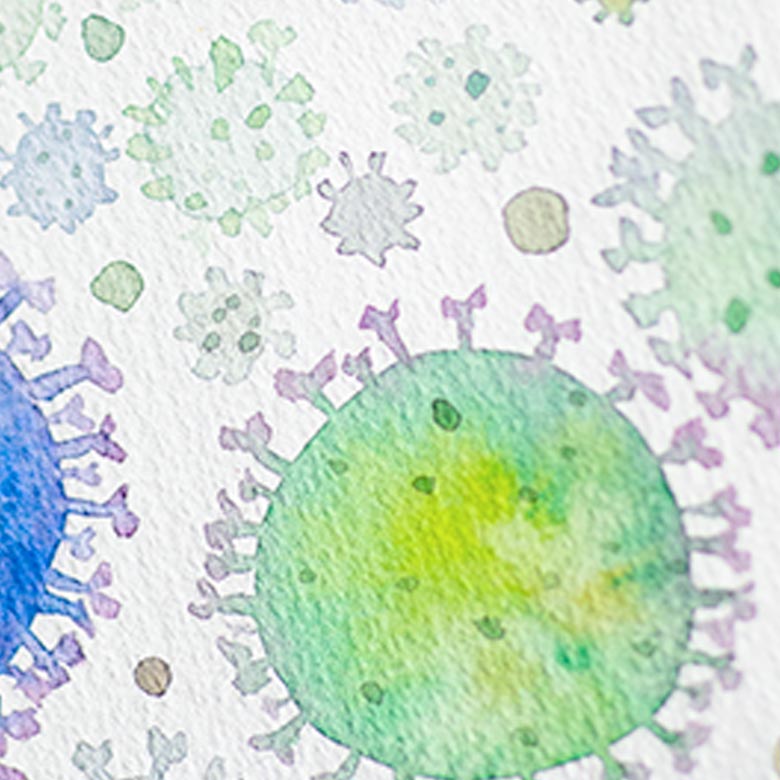Male Microbiome - Semen Microbiome Test


Male Microbiome - Semen Microbiome Test
€440.00
Research has shown that localised infection, even sub-clinical with little or no symptoms, has a major impact on sperm quality. The immune response to infection or bacterial changes in the microbiome is one of the biggest sources of oxidative stress, damage to sperm and DNA fragmentation.
Who can benefit from this test?
Your nutritionist may recommend this test if you have:
- Difficulties conceiving or are undergoing assisted reproduction or IVF/ ICSI
- History of recurrent miscarriage with partner
- Partner with recurrent infections and / or persistent irritation
- Testicular/scrotum pain or tenderness, or in the lower abdominal area
- Pain when you pass urine, an urgent or frequent need to urinate
- Discharge from the penis, blood or discolouration of the semen
Please note that we also may refer you to your doctor or a specialist urologist to assess symptoms medically as needed.

Learn More about our Male Microbiome Test
Semen sample (at home)
This very comprehensive and ground-breaking test assesses the seminal microbiome (bacteria and yeast) – a key ecosystem for reproductive health. Using quantitative real-time PCR (qPCR), this is the most technologically advanced microbiome profile to provide accurate analysis of microbiota abundance and identification. Until recently, some fertility clinics or specialists would give antibiotics as a precaution, not knowing whether they were needed or whether the right antibiotic was being used. With this very comprehensive test, it can now be accurately determined which unwanted bacteria might be present and the appropriate treatment used.
- Normal bacterial levels of Lactobacillus and other commensal bacteria commonly found at low levels
- Opportunistic bacteria which can cause imbalances if they overgrow
- Bacteria associated with Bacterial Vaginosis (BV) in women which can be passed between partners
- Bacteria which can be passed between partners, causing immune responses and fertility issues in both partners, but possibly no symptoms
- Bacteria that cause sexually transmitted infections (STI) like chlamydia and gonorrhoea
- Yeast infections or Candida
- Viruses including HSV, CMV and HHV-6
Donal was trying to conceive with his partner through IVF/ ICSI. He had elevated DNA fragmentation and low sperm count. He was also seen by a urologist and diagnosed with a small varicocele. He had no symptoms of infection, nor had his partner.
He carried out this microbiome test to check for any underlying bacterial imbalances to see if he could reduce oxidative stress and damage to the sperm. Though he had no symptoms at all, the test results showed a significant imbalance with high numbers of several unwanted bacteria.
His urologist prescribed antibiotics based on the test results. He also maintained a mild antimicrobial supplement and a probiotic until their next IVF cycle. His partner was tested for similar bacteria and also took the antimicrobial supplement and probiotics. They conceived at their next cycle and had a beautiful baby boy.
Key findings (excerpt from test):
- High levels of BV-associated bacteria which are most commonly tested in women but can be passed between partners
- Very high levels of additional bacteria which could cause an immune reaction and oxidative stress in the testes. These bacteria can also be passed between partners
- No candida, yeast, viruses or sexually transmitted infections (STI) were detected
